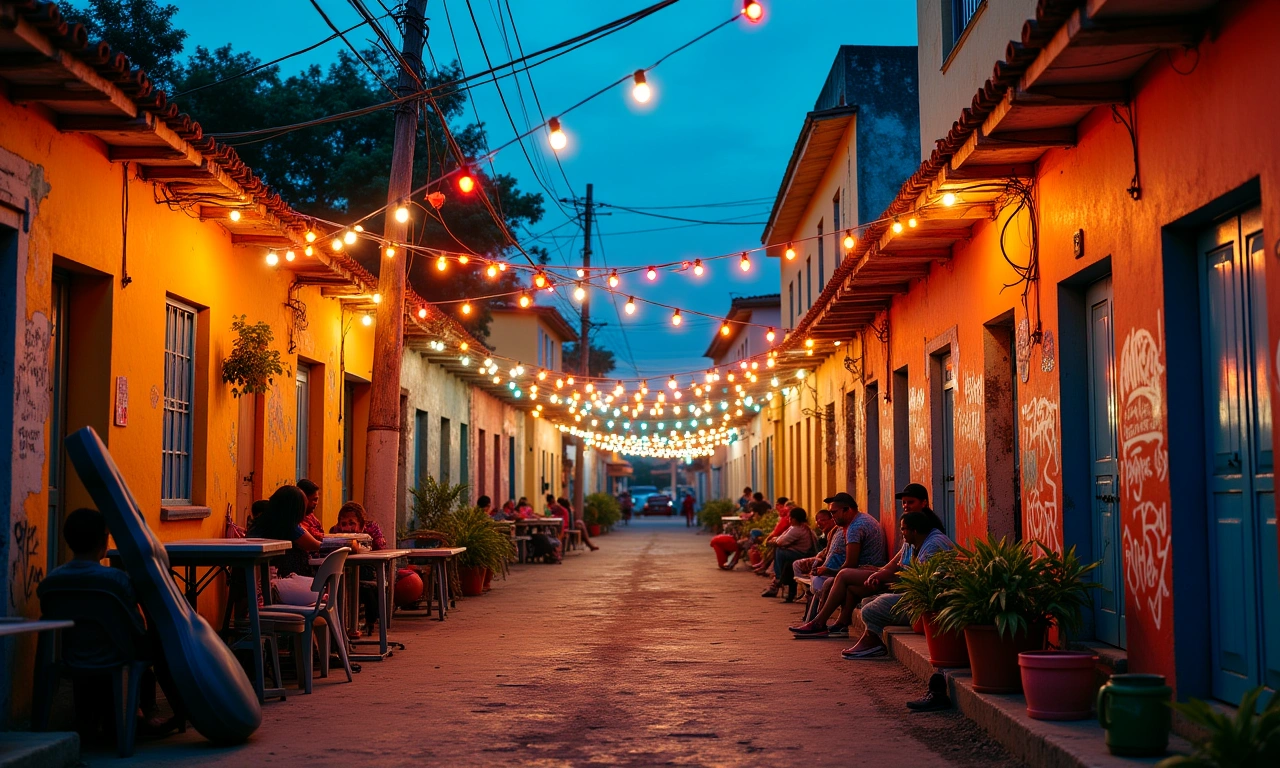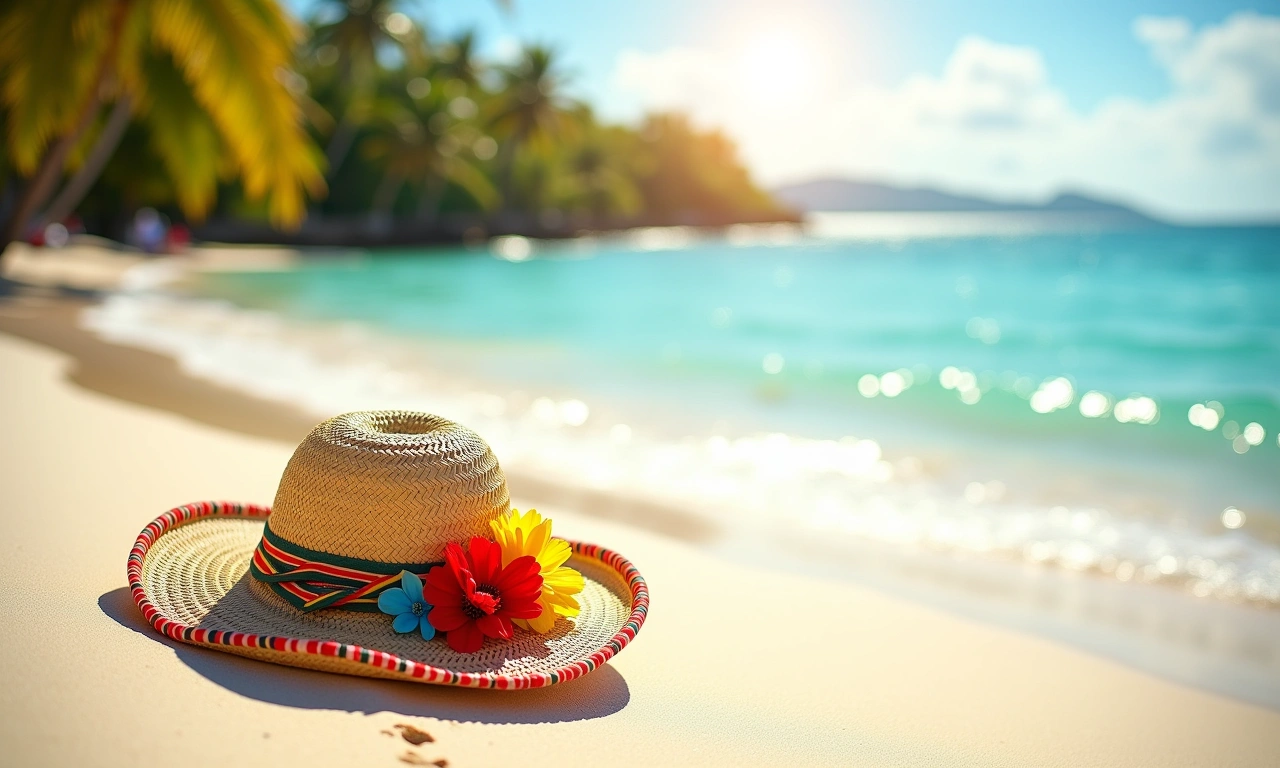Stéphanie Balmir Villedrouin served as Haiti’s Minister of Tourism from October 2011 to March 2016, leading the nation’s tourism recovery in the critical decade following the devastating 2010 earthquake. Her tenure focused on rebuilding infrastructure, securing international partnerships, and repositioning Haiti as a cultural destination in the Caribbean rather than a charity case.
This profile examines her strategic vision, key accomplishments, and approach to sustainable tourism development.
Background and Appointment
Villedrouin was born on March 29, 1982 in Caracas, Venezuela, to Haitian diplomat parents. Her father, Alix Balmir, served as Haiti’s Ambassador to Venezuela at the time of her birth, though she identifies as fully Haitian.
She earned her degree in hotel management and tourism from Pontificia Universidad Católica Madre y Maestra in the Dominican Republic, where she later managed Le Montcel, a mountain lodge in the Port-au-Prince suburb of Kenscoff.
President Michel Martelly appointed Villedrouin as Tourism Minister in 2011, barely a year after the earthquake that killed over 200,000 people and crippled the nation’s infrastructure. Her appointment signaled a deliberate shift: instead of focusing solely on disaster recovery, the government would simultaneously build tourism capacity to create foreign currency revenue and international attention.
Core Strategy: Cultural Destination over Beach Resort
Unlike previous tourism initiatives that emphasized beaches and resort amenities, Villedrouin’s masterplan established Haiti first and foremost as a cultural destination. She believed that positioning Haiti’s rich heritage—its revolutionary history, mountain fortresses, historic towns, and artistic traditions—would attract higher-value, longer-stay visitors who would spend more and respect Haiti’s identity.
This approach influenced every major initiative during her tenure. When pitching Haiti to international tour operators like Canada’s Transat, she personally guided executives to the Citadelle Laferrière, the historic city of Jacmel, and the Palais San Souci ruins rather than beach resorts.
This strategy proved effective: in late 2011, Transat began offering Haiti package trips—the first international travel company to do so in 23 years.
Key Infrastructure and Institutional Achievements
Villedrouin’s administration oversaw several landmark projects that strengthened Haiti’s tourism foundation:
- New Airport Terminal: Haiti inaugurated a modernized terminal at Toussaint Louverture International Airport, improving the entry experience for tourists and diaspora visitors.
- Hospitality School Reopening: The Haitian School of Tourism and Hospitality, which collapsed in the 2010 earthquake, was rebuilt and reopened. Villedrouin viewed training young Haitians in service excellence as foundational to sustainable tourism growth.
- Tourism Promotion Office: Haiti established its first dedicated Tourism Promotion Office to coordinate branding and market development.
- Hotel Classification System: The ministry introduced quality standards for accommodations, classifying hotels using Haiti’s national flower, the hibiscus, to harmonize service levels across the industry.
International Partnerships and Investment
Villedrouin pursued partnerships with major international operators to bring tourists and investment to Haiti. Beyond Transat, she negotiated with Royal Caribbean to increase cruise ship calls to its private Labadee enclave on Haiti’s northern coast. Royal Caribbean had leased Labadee since 1985 under a 50-year agreement and had invested approximately $55 million in facility improvements by 2009.
She also worked on tourism development initiatives for Île-à-Vache, a southern island destination, and supported infrastructure projects in historic towns like Jacmel, where the ministry was involved in a multi-million-dollar heritage tourism development initiative. Additionally, she engaged with international hotel chains and investors exploring opportunities in Haiti’s recovering market.
Social Media and Public Engagement Strategy
Villedrouin was notably active on social media, making the Tourism Ministry one of the most visible government agencies in Haiti. The ministry maintained active Twitter accounts and newsletters to share project updates, ribbon-cutting ceremonies, and strategic announcements directly with citizens and the diaspora.
One effective initiative was a nationwide contest for a new tourism logo and tagline. The contest generated viral engagement online, attracting participants from Haiti and the diaspora. Although not all approved of the winning design, the campaign succeeded in its primary goals: increasing ministry visibility, sparking discussion about Haiti’s image, and demonstrating that government could engage citizens in nation-building efforts.
The Citadelle Laferrière and Cultural Tourism Development
The Citadelle Laferrière, located in Milot in Haiti’s Nord department, became central to Villedrouin’s tourism vision. Built between 1805 and 1820 by Henri Christophe following Haiti’s independence, the fortress is the largest in the Americas.
Constructed atop the 900-meter Bonnet à l’Évêque mountain, it was designed to defend Haiti from potential French invasion and houses over 150 cannons, vast cisterns, and defensive structures capable of sheltering thousands.
To increase visitor access to the Citadelle, Villedrouin’s ministry developed infrastructure in Choiseul, the town at the fortress’s base. New facilities—including restrooms, a snack bar, and space for local artisans to sell crafts—were designed to enhance the visitor experience and benefit local communities.
The ministry also worked with Royal Caribbean to encourage cruise passengers disembarking at Labadee (approximately 600,000 visitors annually as of 2013) to visit the Citadelle during shore excursions.
Addressing Criticism and Long-Term Vision
Villedrouin’s tourism initiatives faced skepticism from some Haitians who questioned whether tourism investment made sense when basic infrastructure—roads, sanitation, electricity—remained inadequate. Critics argued that promoting tourism while Port-au-Prince struggled with poverty and tent camps was tone-deaf to national priorities.
Villedrouin acknowledged these concerns but emphasized that tourism development and infrastructure improvement were complementary, not competing, goals. She pointed to specific wins: Haiti’s destinations appearing on advertising billboards in Miami, the New York Times publishing favorable travel coverage, and diaspora entrepreneurs investing in tourism ventures. These developments signaled that international perception of Haiti was shifting.
In interviews, Villedrouin stated that her mission extended beyond her tenure. She focused on building partnerships, upgrading facilities, and establishing systems that would sustain tourism growth for decades. She emphasized listening to stakeholders—her team, the private sector, local guides, and international operators—to make decisions that balanced growth with community benefit.
A Typical Day in the Ministry
Villedrouin’s schedule reflected the demands of rebuilding tourism infrastructure while maintaining high-level diplomacy. In interviews, she described her routine:
On days when not traveling, she arrived at the Ministry office by 8 a.m., reviewed the agenda with her Chief of Cabinet, signed documents, and reviewed correspondence and news. Mid-morning meetings with directors and advisers focused on major projects. Throughout the day, she met with government officials and private sector representatives.
She visited at least one region of Haiti each week to oversee ongoing tourism projects. On Wednesdays, she attended the governmental Cabinet Council. International travel was frequent—she attended tourism conferences, negotiated with cruise operators, and visited diaspora communities in Miami and other cities to promote Haiti’s tourism campaign.
She typically returned home by 8 p.m., though evening receptions, dinners, and professional events often extended her workday. Fluency in French, English, Spanish, and Creole enabled her to navigate international negotiations and communicate directly with Haiti’s diverse stakeholders.
Key Tourism Destinations Highlighted by Villedrouin
When asked to identify her favorite tourism site, Villedrouin resisted choosing a single destination, instead highlighting Haiti’s geographic and cultural diversity:
- Citadelle Laferrière and Milot (North): The largest fortress in the Americas and a symbol of Haitian independence.
- Jacmel (South): A historic port city known for colonial architecture, art, and a thriving creative community.
- Île-à-Vache (South): An island destination with pristine beaches and development potential.
- Port-Salut (South): Known for beaches and local culture.
- Saut d’Eau and Saut Mathurine (Waterfalls): Natural cascades of spiritual and recreational significance.
- Bassin Bleu (Natural Swimming Pools): Pristine freshwater pools surrounded by forest.
- Côtes des Arcadins (Resorts): Beach resort area on Haiti’s northern coast.
What Makes This Profile Different
- Historical context: Places Villedrouin’s tenure within the critical post-2010 earthquake recovery period, explaining why her focus on tourism was strategically timed.
- Strategy over activity: Moves beyond listing ribbon cuttings and meetings to explain her core vision: positioning Haiti as a cultural, not just beach, destination.
- Verified partnerships: Names specific international operators (Transat, Royal Caribbean) with documented outcomes rather than generic references.
- Counterargument inclusion: Acknowledges legitimate criticism about tourism investment amid poverty, and Villedrouin’s reasoned response.
Frequently Asked Questions
What was Villedrouin’s tenure as Tourism Minister?
Stéphanie Villedrouin served as Minister of Tourism from October 20, 2011 to April 2, 2014, then as Minister of Tourism and Creative Industries from April 2, 2014 to March 23, 2016, under President Michel Martelly.
Why did Villedrouin emphasize cultural tourism over beach resorts?
She believed that positioning Haiti’s revolutionary history, fortresses, historic towns, and artistic traditions would attract higher-value visitors and differentiate Haiti from competing Caribbean destinations. This approach aimed to build sustainable tourism that honored Haiti’s identity rather than reducing it to a generic resort economy.
What was the significance of the Transat partnership?
Transat’s agreement to offer Haiti package tours was the first time in 23 years that a major international travel company had included Haiti in its offerings. This represented a major shift in international perception and demonstrated that Haiti could attract mainstream tourism operators despite its challenges.
How did Villedrouin use social media and public engagement?
She made the Tourism Ministry one of Haiti’s most visible government agencies through active social media accounts and newsletters. A logo and tagline contest went viral, generating engagement from diaspora and international audiences and raising awareness of Haiti’s tourism initiatives.
What is the Citadelle Laferrière and why is it central to Haiti’s tourism?
The Citadelle Laferrière is the largest fortress in the Americas, built between 1805 and 1820 to defend the newly independent Haiti from French invasion. Its historic and symbolic significance makes it a flagship attraction for cultural tourism, and Villedrouin invested in infrastructure to increase visitor access and local economic benefit.
How did critics respond to tourism investment during economic hardship?
Some Haitians argued that tourism promotion was a distraction from urgent needs like road repair, sanitation, and poverty reduction. Villedrouin responded that tourism development and infrastructure improvement were complementary goals, and that international investment and perception shifts would ultimately benefit Haiti’s economy and credibility.
Editorial Note
This profile draws on publicly available sources including interviews, Wikipedia biographies, tourism industry publications, and government statements spanning 2011–2016. Information about Villedrouin’s tenure, partnerships, and initiatives has been verified against multiple sources. The interview excerpts reflect direct statements and are presented as originally recorded. Readers with additional context, corrections, or personal accounts related to Haiti’s tourism development under Villedrouin are invited to contact the publication.
Last Updated on January 15, 2026 by kreyolicious



